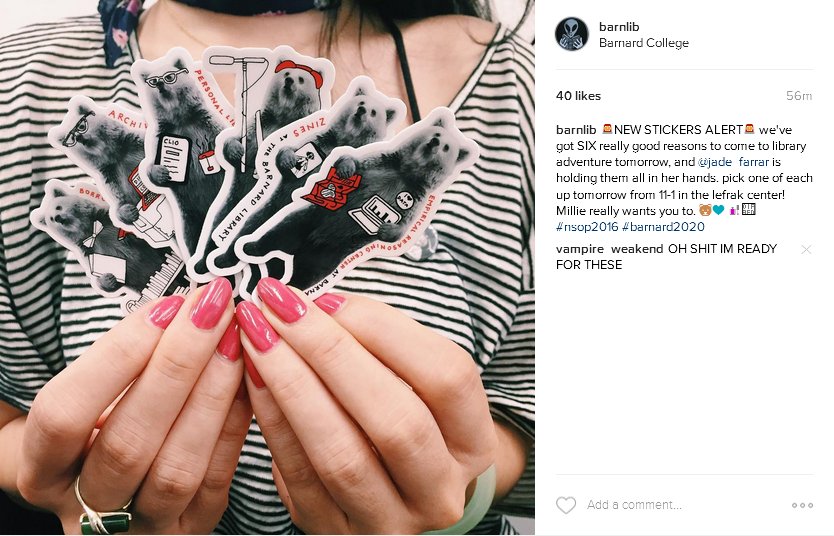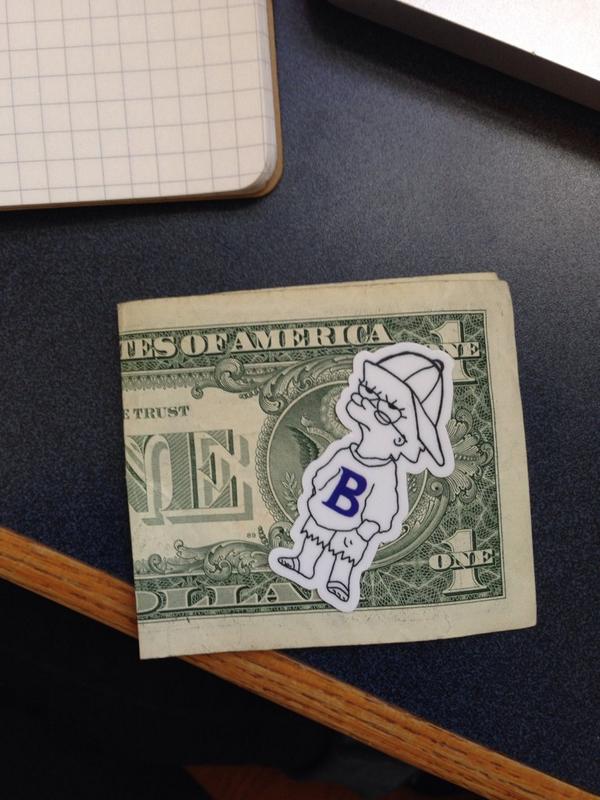Summary of Project:
– A cross-repository resource for zine research, providing access to metadata about as many zines, and in as many ways (linked open data, links to digital content, etc.) as possible.
– A collaborative platform for cataloging zines and their creators, by persons both within and external to the library profession.
– A hub for zine research, where partners can seek inspiration and collaboration.
– A promotional and educational resource for the zine genre.
– A tool capable of supporting projects to incorporate digitized (and born digital) zine (and zine related) material into other platforms such as the Digital Public Library of America (DPLA).
Roles and Responsibilities
The four principal Zine Union Catalog (ZUC) participants from Spring, 2017 CUNY GC Digital Praxis will initially be responsible for implementing, monitoring, and adhering to the data management plan (DMP), but after the launch of the ZUC, responsibility will transfer to the Project Director working in consort with other zine librarians and zine collecting institutions to adhere to the DMP. A variety of data will be collected, which will be encrypted when necessary (i.e. user credentials), and will be regularly backed up on a local computer in Project Director’s home and a hosted server (i.e. Reclaim Hosting using FileZilla).
Description of the Data
Several types of data will be collected including Collective Access Install files, xZINECOREx metadata schema, catalog record and image files (both sample files and actual user catalog files uploaded to zinecat.org), admin credentials (for ZUC Website, FTP, Social Media, shared Slack, Google), user credentials (those uploading to ZineCat and using the ZineCat to locate zines), logo / social media conversation, read me files, abstract of project, group blog posts and individual posts about development and process of creating ZUC, “Fail” journal so that future creators of union catalogs using Collective Access can trace what did not work about ZUC development, “What do Zine Researchers Want?” survey questions and responses, notes from earlier ZineCat meeting minutes and documented discussion (prior to Praxis ‘17 group), help documentation and materials for users of ZineCat.org. Ongoing data will be collected as the contributions to ZUC grow. Annual review of the data collected and best practices for maintaining the data will be discussed at the annual Zine Libraries Unconference as the DH Praxis participants foresee definite growth to the data collected as more institutions add content to the ZUC. It is recommended that local institutions contributing their metadata files to the ZUC also backup their data on a regular schedule.
Data Storage, Protection, and Access
Various platforms will be used to collect, store, and provide access to the data such as GitHub (Collective Access, Pawtucket, Providence Profile, and ZineCore), Collective Access instance, Reclaim Hosting, local encrypted computer located in Project Director’s home, GoogleSite (created by DH Praxis group), Slack, and social media platforms.
Confidentiality standards will be adhered to by removing any personal identifying information from the data collected. Within Collective Access, a hierarchy is used to limit what level of user sees information (e.g., Administrator, Cataloger, Researcher, Public) to protect personally identifying information.
Data Format and Documentation
To ensure long term findability and usability of the Zine Union Catalog on the web, the CollectiveAccess platform uses XML schema.
Zine metadata records ingested by the CollectiveAccess run ZineCat will adhere to a modified Dublin Core standard called xZINECOREx. A human and machine readable crosswalk will be used to map between metadata standards used by contributing institutions.
All notes, meeting minutes, and help documentation will be saved in plain text and PDF format to provide greater potential for future software compatibility. Directory and filename conventions will be established to ensure stability.
Any image files will be saved as TIFF files
Data Access, Sharing, and Archiving
The ZUC will operate under open source and open culture principles. Data sharing requirements will adhere to a GNU General Public and Creative Commons licensing: share and share alike. CollectiveAccess is freely available under a GNU Public License. ZUC will not own the metadata, but will openly aggregate it from contributing institutions. The data provided through ZUC will be used by catalogers, librarians, humanities & social sciences researchers, zine makers, among other interested parties. The data will be published upon launch of zinecat.org (on or near May 10, 2017) and regularly updated, shared, and archived as the project grows and more contributions from zine community are made.
The data will be retained with reclaim hosting under a 1 year contract. After contract expires, zine librarians will take over under Project Director’s guidance. Additionally, the data for the development of the CUNY DH Praxis project (zinecat.org prototype) will be housed in the CUNY institutional repository (CUNY Academic Works) and Columbia Academic Commons, for redundancy.



